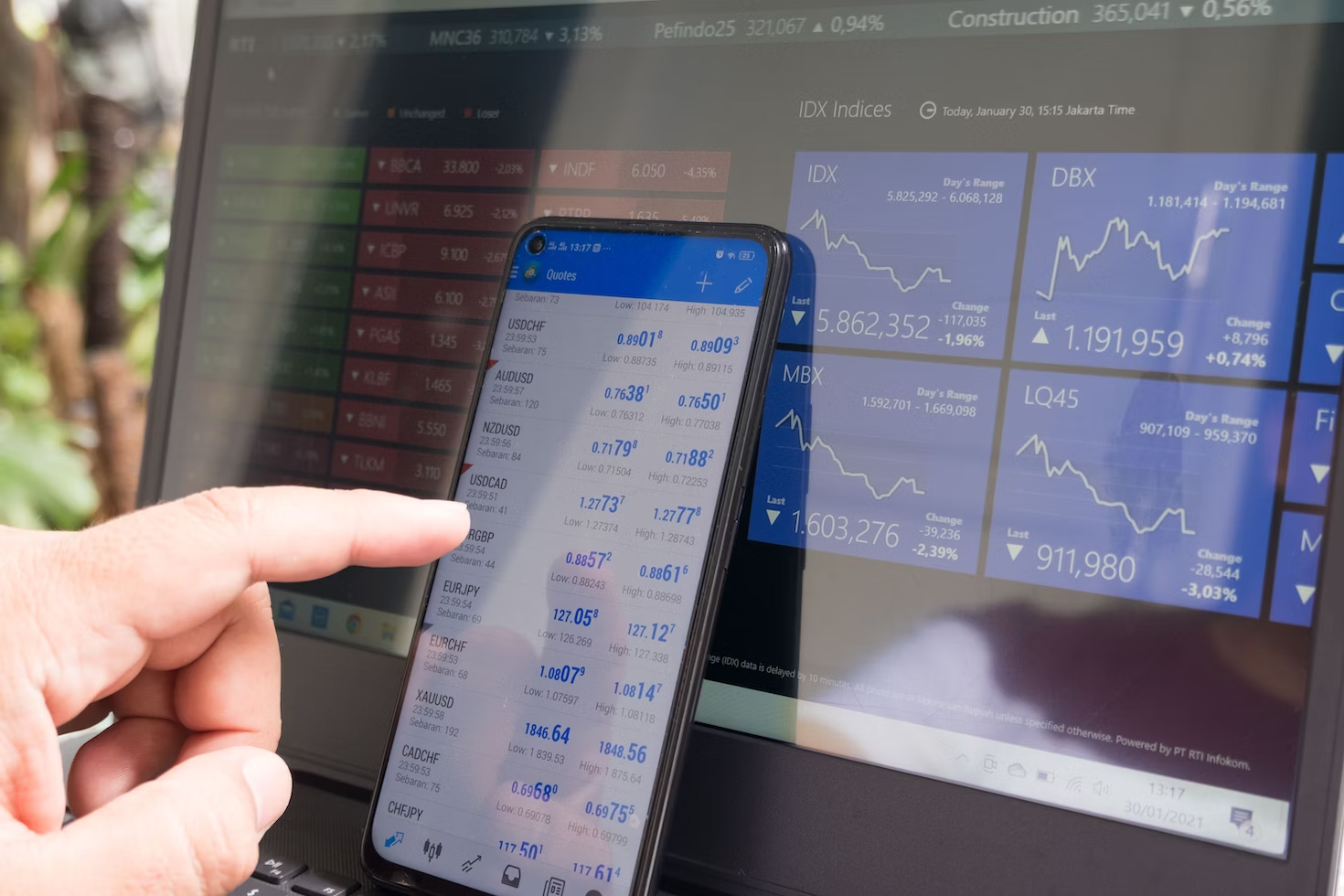Trading done by individuals for personal accounts is known as retail trading. On the flip side, trades carried out by companies or groups of investors are considered institutional trading. The dynamics of these two typesets are entirely different, and we see these through several factors. For institutional forex trading, there is so much more at stake and as much — or more — to gain.
There is a broader range of financial instruments, larger capital, and more exotic products. Success in institutional trading is much more challenging, but some companies have perfected the art of excelling in their trading affair. Here is how US companies are building a success narrative in foreign exchanges.
Understanding Institutional Currency Trading
As we’ve earlier established, institutional trading is a category of trading where institutions or companies purchase or trade financial assets through a large pool of traders. It is practiced by large companies and often requires a more significant investment pool, capital, asset diversification, and a more extensive operation volume.
This trading method was the usual until popular forex trading platforms and brokerage systems introduced avenues for individuals to explore retail trading. Access to trading platforms like the TradingView and Mt4 trading app change the narrative for most investors, including retail traders, as it allows easy tracking of market movements, ultimately contributing to successful trades.
Companies in currency trades control over 70% of the market. By extension, several players are in the institutional trading community, including investment banks, brokerage firms, investment and insurance companies, retail and commercial banks, and many others. Some of the most prominent US investors in the field are Blackrock, Vanguard Asset Management, BNY Mellon investors, and State Street Global Advisors. The list goes on, and these companies have access to many opportunities that retail traders do not.
Source: Jason Briscoe, via Unsplash
Generally, companies explore four major types of institutional trading. They include hedge funds, mutual and or investment funds, pension fund management, and investment banking.
Hedge Funds
Hedge funds are institutional trading systems managed by private investors. Here, these investors act as professional advisors and fund managers, using different strategies to trade and gain higher returns on investment for clients.
Mutual Funds
Mutual funds gather capital from different investors and collectively invest in assets. Mutual funds allow individual investors to access a broader range of assets, like securities, equities, and more. One of the significant advantages here is that investors do not have to shoulder the losses alone, limiting the overall risk involved.
Investment Banking
The investment banking system is more of an intermediary that offers direction and advice on financial transactions and related services. They spearhead mergers, initial public offerings (IPOs), acquisitions, and more. They help their clients navigate the intricacies of the financial market, help manage their assets, and build wealth.
Pension Fund Management
Pension fund management is similar to investment banking, but the significant difference is that it helps clients manage their pension funds and build higher returns.
Strategies for Institutional Currency Trading
Source: Austin Distel, via Unsplash
The institutional trading market is not an easy road, and expert traders have developed a range of strategies to fast-track their success. These strategies include index rebalance, asset allocation, factor investing, and venturing into products like swaps and forwards.
Index Rebalance
Index rebalance is a safety and risk management approach that adjusts assets based on market conditions. It has to do with adjusting the weight of asset composition to suit present trends, performances, and predictions. Over time, asset performances can change based on economic factors, news, and events. The aim of index rebalance is to adjust your composition and focus based on the changes that occur in the market.
Asset Allocation
Asset allocation is a strategy companies use to balance and diversify their portfolio in a way that reward and risk proportion matches. The traders allocate the percentage of each asset so that certain gains can offset other market losses. The right balance of assets could be an advantage in mitigating risk and losses during trades.
Factor Investing
This strategy involves selecting securities and investments based on certain factors that could influence their performances. This includes microeconomic factors and style factors. Microeconomic factors include interest rates, liquidity, economic conditions, and inflation. The style factor measures momentum, size, and volatility.
Exotic Financial Instruments
Exotic financial instruments are a common approach for companies trading in the financial market. They are an advantage because retail traders do not have access to them, and they can only be explored by seasoned market specialists. They differ from traditional choices and yield higher returns for traders.
Institutional Trading for Competitive Advantage
The institutional trading market has a considerable potential for asset diversification, and through this, there’s a higher potential for profitability. What’s more? With the strategies above, leading US companies have taken forex trading and investment to a new level.
Access to better financial instruments has also aided this journey, making these companies excel in the field. Institutional forex trading is always bound to remain ahead of others, considering the access to vast resources, bigger funds, advanced trading platforms, and technical tools accessible to them.







